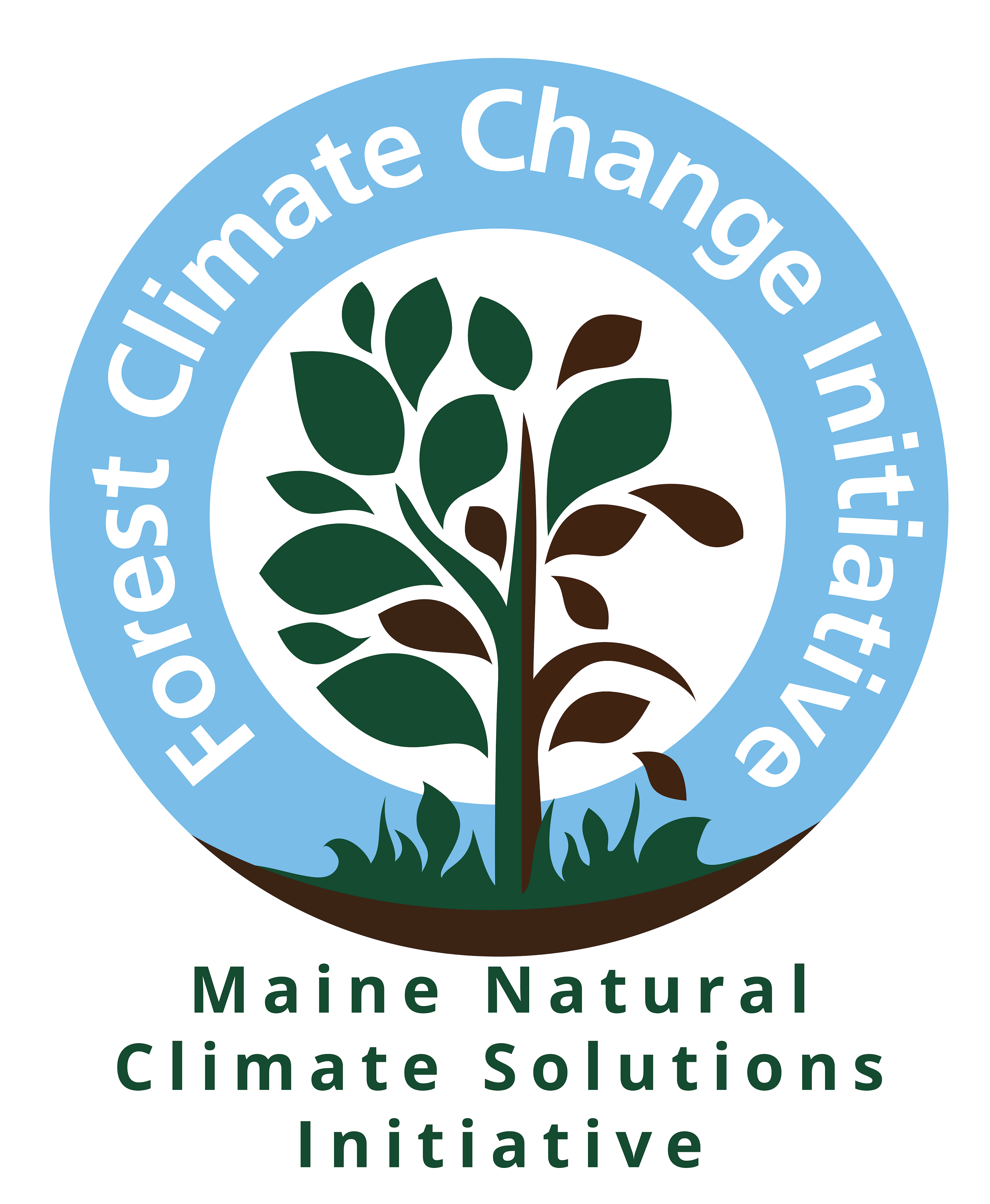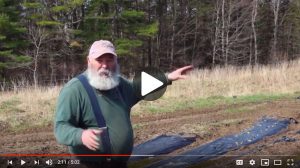2021 Webinar Series
The Changing Landscape of Soil Health
Developing state soil health initiatives – Tom Gordon, MPA
Maximizing the soil carbon sink: factors impacting carbon sequestrations and greenhouse gas emissions in agricultural operations – Andrew Carpenter, MS
A grower perspective on soil health – Rick Belanger
Pasture Management in a Changing Climate
Adapting our farms to changing climate – C. Alan Rotz, PhD, PE
Technology ecosystem for adaptive soil health management – Leah Puro. MS
Pick and roll pasture renovation: offense for a changing climate – Samantha Glaze-Corcoran, PhD
Climate Change & On-Farm Water Management
Maine’s changing precipitation climate – Sean Birkel, PhD
A grower perspective on climate change & water management – Ben Waterman
Adapting to climate change: Irrigation benefits the Intervale Community Farm – Lynn G. Knight, MS
Irrigation Case Study Two-Pager
Irrigation Case Study Full Report
 This series is supported in part by the Maine Natural Climate Solutions Initiative.
This series is supported in part by the Maine Natural Climate Solutions Initiative.
2019 Weather-based Crop Management Tools Webinar
2019 Maine Ag Trades Show
Thursday January 17, 2019 in the Howard Room
Changing Weather for Maine Agriculture, Glen Koehler
This presentation looks at what temperature and precipitation trends from recent decades, what weather projections for the next 30 years tell us, and some strategies farmers can use to increase resilience to extreme weather.
Weather Tool Show and Tell, Sonja Birthisel & Erin Roche
Learn about a variety of weather-based tools that may help you make more informed farm decisions. We will showcase a range of tools from the very basic to the more complex, then open the floor to your ideas and discussion.
Ag-Radar – Using Weather to Inform Pest Management, Glen Koehler
Ag-Radar is a weather-based pest management tool for apple growers. Learn how this tool can help you interpret the effect of weather on your management decisions during the season, and to evaluate your spray program after the season to prepare for next year.
An Irrigation Primer, John Jemison & Mark Hutchinson
Irrigation is a critical tool for protecting against drought stress. Learn to determine when it’s the right time to irrigate, how much water is needed, and the best type of irrigation for your farm.
A Rainfall Index Insurance Program for Grassland, Erin Roche
Learn about a crop insurance program that could be a valuable risk management tool to mitigate the effects of drier-than-normal weather on hay or grazing acres. Feel free to bring your own laptop to follow along.
2019 Specialist Interview Series
In order to share perspectives on how climate change is impacting different agricultural sectors in Maine, MECAN is collecting a series of Specialist Interviews. This is an ongoing effort and interviews may be added periodically.
To read the text of each interview, click on the titles below.
2018 Farming in a New Weather Reality
This storytelling session highlighted farmer experiences adapting to changing weather or extreme weather events. The event was organized by the University of Maine Climate & Ag Network and the Maine Sustainable Agriculture Society (MESAS), and held at the 2018 Maine Agricultural Trades Show, Augusta Civic Center on Tuesday, January 9, 2018.
Click the following link to read a summary of the session in the U.S.D.A’s Northeast Climate Hub newsletter titled, “Farmer Storytelling Session Raises Awareness of Climate and Agriculture Issues in Maine.“
Click to hear from the farmers.
2018 Graduate Student Climate Adaptation Partners (GradCAP)
A project designed to build a virtual consortium of Masters and Doctoral students working on climate adaptation in agriculture and forestry. Nominated by a university partner within the USDA Northeast Climate Hub network, GradCAP scholars work with Climate Hub leadership, university representatives, and coordinating staff at the University of Maine to develop a digital library of information and a webinar series based on their research.
Learn more about GradCAP
2017 Mini-Symposium
This mini-symposium was the third from the Maine Climate and Agriculture Network (umaine.edu/climate-ag). The spring 2017 mini-symposium featured short, 8-10 minute talks by some of UMaine’s graduate and Honors students working on aspects of “agriculture and climate change”, broadly defined in this context to encompass related topics in agriculture, aquaculture, and the environment. To view or download a copy of each presentation, click the presentation’s title.
- “Agronomic Weeds and Climate Change: Scouting for Potential Invaders”
Sonja Birthisel, Ecology and Environmental Sciences, School of Food and Agriculture - “Small Maine Farmers’ Perceptions and Adaptations to Climate Change”
Shireen Luick, Ecology and Environmental Sciences, Honors College - “Using a Crop Model to Assess Climate Adaptation Strategies for Potato-Grain Systems”
Brogan Tooley, Plant, Soil, and Environmental Sciences, School of Food and Agriculture - “Non-Chemical Weed Management in a Changing Climate”
Bryan Brown, Ecology and Environmental Sciences, School of Food and Agriculture - “Persistent Pollutants: What Goes Around, Comes Around”
Kimberley Rain Miner, Earth and Climate Sciences, School of Earth and Climate Sciences and the Climate Change Institute - “Gathering Resilience Imaginaries: Towards Transformational Adaptation in the Peruvian Highlands”
Jamie Haverkamp, Anthropology and Environmental Policy, Department of Anthropology and the Climate Change Institute - “Plant Mediated Mineral Weathering in Elevated CO2”
Brian Morra, Ecology and Environmental Sciences, School of Earth and Climate Sciences - “The Effect of Snow Loss on Soil Nitrogen”
Kaizad Patel, Ecology and Environmental Sciences, School of Forest Resources - “Development of a Hydrodynamic Forecasting Model for the Damariscotta River Estuary”
Kris Bears, Civil Engineering, Department of Civil and Environmental Engineering - “Historical Diversity of Maine’s Commercial Fisheries Highlights the Need for Aquaculture”
Sam Belknap, Anthropology and Environmental Policy, Department of Anthropology and the Climate Change Institute
Click the following hyperlink to download a PDF of the Maine Climate and Agriculture Network 2017 Mini Symposium Flyer.

